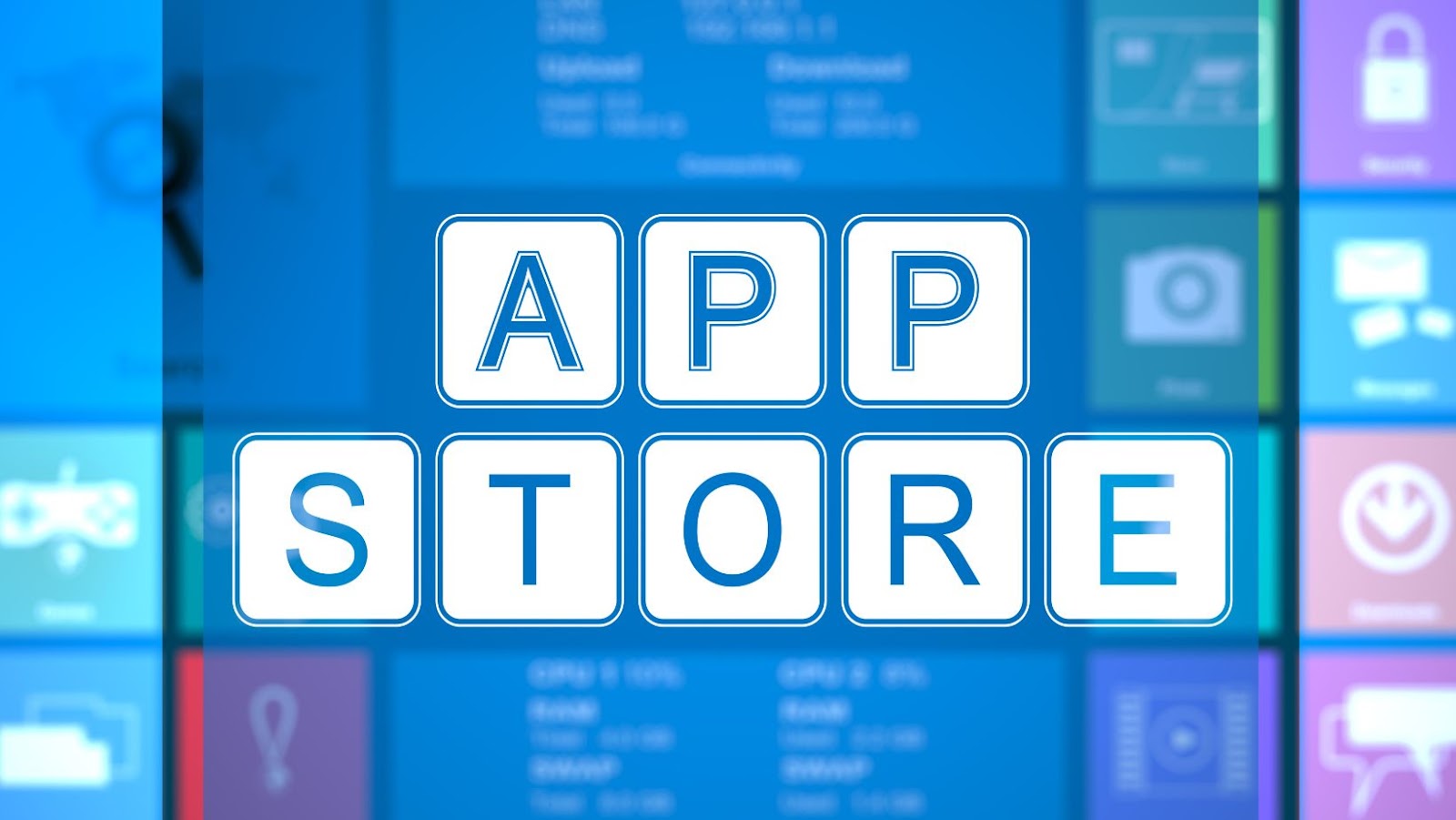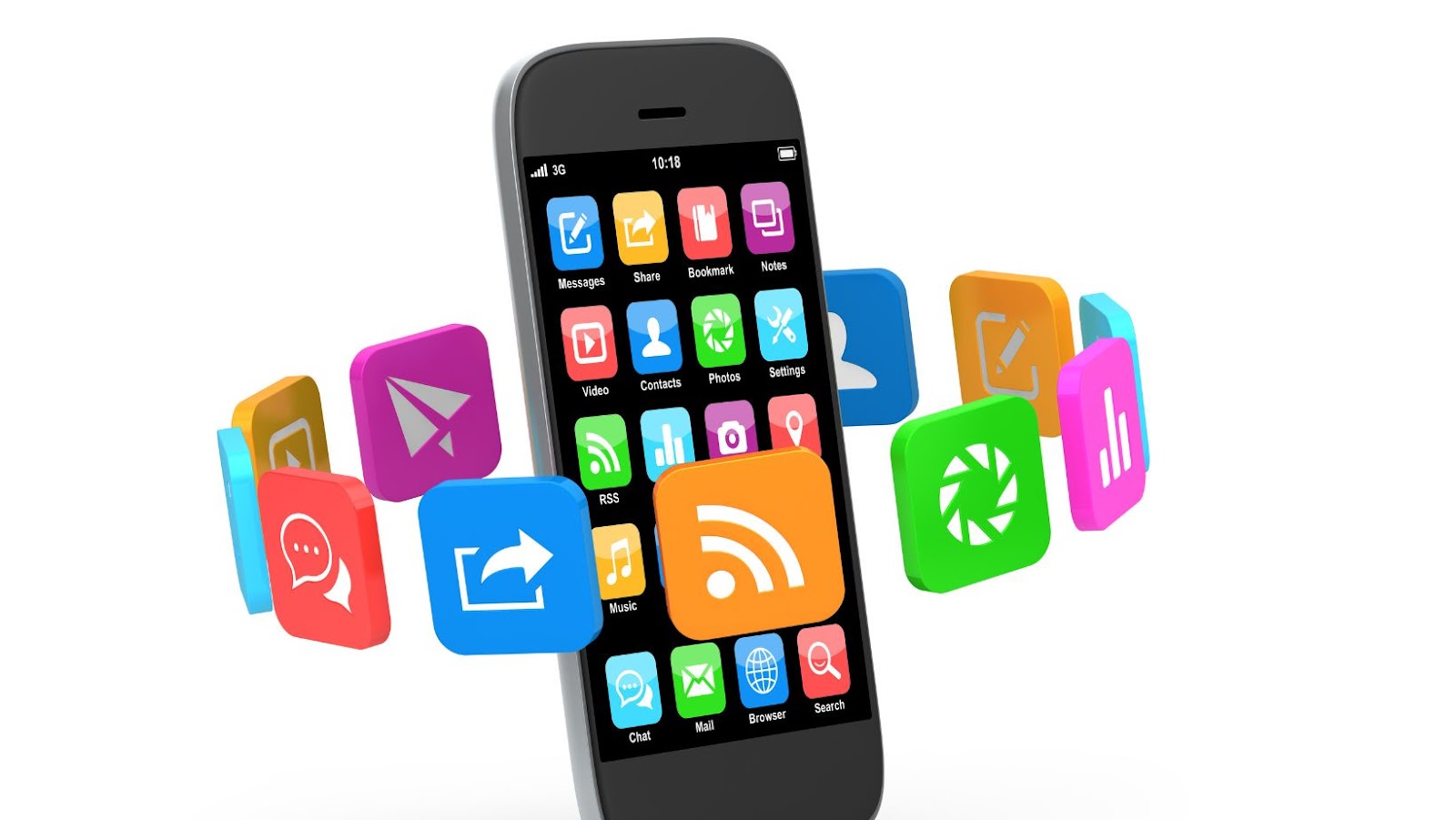
Apple Inc., one of the most successful technology companies in the world, has had a tumultuous relationship with Russia and its citizens since its inception. As a result, the company has had multiple run-ins with Russian authorities – from laws allowing the Federal Security Service access to Apple products to a ban on Apple devices from certain government-linked institutions – that have strained its relationship with Russia. This article provides an overview of Apple’s complex history with Russia, how this has impacted their operations, and what this may mean for their future relationship.
Apple began expanding into Russia in 2010, opening retail stores and creating localised versions of their products. However, soon after Apple expanded into Russia there were signs that it could be difficult for them to maintain their presence in the country. In 2013, for example, Russian President Vladimir Putin signed two laws giving security forces access to any electronic device produced by foreign companies operating within Russia’s borders. This law made it difficult for Apple (and other foreign technology companies) to protect user data from being accessed by state security agents without permission.
Russian authorities further complicated matters when they passed a law banning Apple devices from certain government-linked organisations in 2014. To keep up with evolving regulations, such as those mentioned above and new cyber security requirements established by Roskomnadzor (Russia’s Federal Service for Supervision), Apple was forced to make significant changes to ensure compliance or risk facing severe consequences such as suspension of sales or large financial penalties.
What this means for Apple’s future relationship with Russia remains to be seen but it is clear that any associated risks need to be taken into consideration going forward before seeking out any additional opportunities in the country. Although there are certainly challenges ahead, if handled correctly there may be potential rewards if need be realised if Apple can navigate these regulatory challenges while still providing an exceptional user experience that is attractive to Russian customers.
Apple pulls Russian state-owned media outlets RT and Sputnik from global App Stores
On December 17th, 2020, Apple announced it had removed two Russian state-owned media outlets, RT and Sputnik, from its global App Stores. The move was seen as an effort to reduce potential censorship and misinformation. However, the move has impacted Apple’s relationship with the Russian government.
In this article, we will discuss the background to the decision and what it could mean for Apple’s relationship with Russia.
Apple’s previous relationship with Russia
Apple first entered the Russian market in 2010 with its retail stores, followed by the introduction of iTunes to the country in 2012. Apple soon became one of Russia’s fastest-growing and most successful international companies, opening recognition centres and multiple flagship retail stores across the nation. In addition, apple positioned itself as a premium technology brand offering reasonably priced top-tier products.
The company had a strong following among both private consumers and corporations in Russia. In 2015–2017, Apple achieved a nearly 50% growth rate among all premium devices sold in Russia, with an average of eight Apple stores operating nationwide at any given time. In addition, it continues to hold one of the highest market shares in electronics within the Russian market, increasing its presence further via partnerships with local mobile phone providers such as MTS and Beeline (Moscow Telephone Company).
However, this positive relationship has been weighed down by issues between Apple and Russia. Starting in 2017–2018 when various sanctions began being imposed on Moscow due to political conflict between Russia and other countries, Apple began facing significant challenges regarding its operations within Moscow’s marketspace – the imposition of economic sanctions forced it to withdraw collaborations with numerous partners previously involved in their retail strategy for Russia. This caused financial implications for those affected and potentially halted future growth plans for Apple’s presence within this region if lasting progress could not be made to repair strained relationships abroad.
Recent events leading up to Apple’s decision
Apple Inc.’s relationship with Russia has been strained in recent years due to ongoing political tensions between the two countries. In 2014, following the Russian occupation of Crimea, the US and EU imposed economic sanctions on Russia, resulting in Apple paying higher taxes and decreasing its presence in the country. Apple was forced to rework prices across its various product lines due to the weakening value of the ruble currency. The company also had to increase its import taxes from 1% to 20%, making it difficult for Russian customers who had expected more competitive prices. This caused Apple’s popularity in Russia to plummet and stirred up negative sentiment towards Apple amongst consumers.

Additionally, Apple’s activities in Russia were brought into the spotlight when the company refused to release an iOS version of a messaging app touted by Vladimir Putin’s administration as a way of monitoring citizens’ conversations. This created further friction with authorities and customers, leading Apple CEO Tim Cook to announce earlier this year that they would be ceasing all operations in Russia, resulting in accusations of censorship from government officials while being widely applauded by customers and civil liberty organisations alike. As a result, Tim Cook and Apple faced a consequential decision when attempting to assess their risk-reward ratio for continued operations within Russia.
Apple’s Decision
Apple has recently made a decision to pull out the Russia-state owned media outlets RT and Sputnik from its global App Stores, a move that has sparked a lot of debate about the impact this will have on the tech giant’s relationship with Russia and its citizens.
This is a significant decision from Apple, so it is important to understand what it means and how it will shape the company’s relationship with the country going forward.
Reasons behind the decision
Apple recently announced that it will shut off all of its online stores in Russia as of December 23, 2019. This decision was made due to the continued weak ruble and growing economic instability in the region, causing Apple to lose millions each quarter. The decision was also made with the knowledge that sanctions imposed on Russia were unlikely to be lifted shortly.
Despite this move being a necessary but difficult choice for Apple, the reasons behind their decision are clear. One primary motivator was undoubtedly the instability in Russia’s economy, effectively preventing Apple from buying supplies and selling products at a profit. Additionally, sanctions imposed on Russia have further hampered business opportunities and prevented many companies from conducting operations within its borders.

Moreover, it’s important to note that Apple is far from alone in making this move; many other multinational corporations have also chosen to pull out of the Russian market due to economic concerns and trade restrictions. Despite this seemingly bleak outcome for businesses in Russia, Apple’s decision may prove positive for its reputation and relationship with Russian customers in the long run. By taking pre-emptive steps now, Apple has succeeded in mitigating potential losses and showing their commitment to placing customer needs before corporate profits – even if doing so means preceding current opportunities and leaving some markets altogether.
Impact of the decision
Apple’s abrupt decision to remove almost all of its products from the Russian market could have a potentially devastating effect on their relationships with the country. Since Russia is Apple’s second-largest market in Europe and one of its most important customers, this action could strain their relations for many years.
The decision’s economic impact is likely to be substantial, as Russia makes up an important source of revenues and customers for Apple, especially because it has been growing rapidly since 2017 and is expected to reach unprecedented heights in 2020. Although it may take some time before Apple can make up for these losses in other parts of the world, this decision has caused chaos and disruption to their supply chain management system.
Furthermore, due to the geopolitical implications with Russo-American relations – especially in light of recent sanctions and tensions – the psychological impact this move will have on both sides cannot be understated. This may damage trust between the two sides for years to come if left unaddressed. Suppose Apple’s message that the decision was based solely on business concerns is not accepted by those higher up in government circles. In that case, there could be further conflict between Russia and the technology giant over time.
Finally, while it doesn’t seem that Apple plans on abandoning the region entirely or drastically reduce its presence within Russia’s borders (at least not yet), any further escalation or lack of communication between both sides could lead to more dire consequences – ultimately resulting in a complete retreat from what had been a profitable venture not too long ago.
Reactions
Apple’s recent decision to remove Russian state-owned media outlets RT and Sputnik from its global App Stores has been met with a range of reactions. From politicians and leaders, to tech companies and citizens, all have had their opinions on the move, and some have even called for a boycott of Apple products.
In this section, we’ll take a look at some of the reactions to Apple’s decision and the implications of such a move on its relationship with Russia:
Russian Government’s response
The Russian government’s response has been fairly ambivalent about the Apple incident. President Vladimir Putin said he was “disappointed” with Apple for not complying with a recent court ruling in St. Petersburg and asked why the company didn’t follow Russian law if it wanted to expand its operations in Russia.
However, the Kremlin has shown some leniency, pointing out that Russia wants to establish mutual trust with Silicon Valley leaders and attract tech investments. Dmitry Peskov, President Putin’s spokesman, also remarked that since Apple is a global brand operated outside of Russia, this should be considered in handling this situation.

At the same time, Russian antitrust authorities began an analysis of Apple’s compliance with national laws. As a result, there are concerns that Apple may have misused its market position as one of the largest IT companies in the world by curbing local competition or creating unfair trade conditions while expanding into Russia. Furthermore, many Russians see this incident as an example of foreign companies using their power to act above local law and regulations – leading many to distrust foreign entities operating within their borders.
In conclusion, there seems to be no clear consensus on how to proceed between the Russian government and Apple over this disagreement – though further investigation appears inevitable before any further action is taken on either side.
Apple’s response
Apple released an official statement on their website in response to the accusation that it is engaging in “state-sponsored activities”, stating that it was “not true”.
In the statement, Apple reassured customers that their data is protected, encrypted, and accessible only by them. The company went on to say that they had complied with all of the requests from Russian intelligence services strictly within the limits of their written laws and regulations and operate solely with a focus on users’ privacy and security.
In addition, they reaffirmed their commitment to protecting user data, including biometric data collected via facial recognition technology found in iPhones, iPads and Macs.
It remains to be seen what the long-term implications of this episode will be for Apple’s relationships with Russia. The incident comes at an already tense time between Russia and many Western countries as Moscow is facing increased international scrutiny over its foreign policy agendas. Microsoft, which recently announced plans to open its first datacenter in Russia next year, has yet to comment on the discovery by Russian security researchers.
Implications
Apple’s recent decision to remove Russia’s state-owned media outlets RT and Sputnik from its App Store has major implications for its relationship with the Russian government. This action by the tech giant is seen by many as a direct insult to the Kremlin and its power in the media space. It’s unclear what the exact repercussions are for Apple, but this move could have lasting impacts on Apple’s relationship with the Russian government going forward.
Let’s take a closer look at the implications of this decision:
Impact on Apple’s brand reputation
Apple is a global brand and its presence in Russia ensures that it stays ahead of the competition in consumer electronics. However, tension between the US and Russia has caused uncertainty that could impact Apple’s reputation among Russian consumers.
US sanctions on Russia have involved suspending trade with some Russian companies, restricting the importation of certain products into the US, freezing the assets of some individuals in Russia, and in general creating an environment of displeasure. As a result, there are potential implications for Apple and other foreign companies wanting to do business in Russia.
Apple has been relatively quiet about how these sanctions may affect their operations in Russia but according to statements made by Tim Cook during his 2019 visit to Moscow and his recent interview on CNBC’s Closing Bell, it is evident that he is aware of the risks associated with doing business there. Despite these risks, Apple continues to expand its presence in Eastern Europe by opening stores across the region and introducing new products such as iPads into its product lineup.
However, suppose tensions between the United States and Russia continue to worsen. In that case, this could damage Apple’s brand reputation among Russian consumers thereby putting them at a disadvantage against other foreign competitors such as Samsung or Huawei who are seen as being more politically friendly towards Russia. This could have serious implications for both Apple’s operations and profits especially given their large presence in the market. Therefore, although both sides may not agree on specific issues concerning trade or politics, it is important for businesses like Apple to find a way to navigate these disputes given their global fan base.
Impact on Apple’s relationship with Russia
Apple’s relationship with Russia has been strained since 2014, when the company did not comply with a request from Russia’s Federal Security Service to provide data about certain iOS devices. The tense relationship was further exacerbated by Apple’s refusal to comply with a May 2016 court order that would have granted the Russian government access to some of Apple’s source code.
The relationship between Apple and Russia is impacted in several ways. First, because Apple has publicly refused to cooperate with Russian authorities, there is significant mistrust between both parties and a lack of willingness to communicate or collaborate on matters beyond legal issues. This has affected Apple’s ability to conduct business in the country, as obtaining certifications and licences for sales operations or product launches in Russia along with other services is difficult. Additionally, this current situation could impede future development of new products or services that would need approval from local authorities.
Furthermore, the increasingly hostile climate means decreased opportunities for cooperation that could have provided mutually beneficial outcomes for both parties going forward; instead both sides remain mired in political stalemates. As tensions rise between Apple and Russian authorities, it could also lead other countries to pressure tech companies more heavily than before, potentially leading them down a similar path.
tags = windows app store, google play store, apple app store, apple maps ukraineclovermacrumors rt sputnik app, apple maps ukraineclovermacrumors news sputnik app, apple russia ukraineclovermacrumors rt sputnik app, apple ukraineclovermacrumors rt news sputnik news, apple ukraineclovermacrumors rt news sputnik app, apple russia ukraineclovermacrumors news sputnik app, russia ukraineclovermacrumors rt news sputnik app, russia maps ukraineclovermacrumors news sputnik news, apple russia ukraineclovermacrumors news sputnik news, russia maps ukraineclovermacrumors rt sputnik news, facebook restricted access to sites, media outlet warnings



